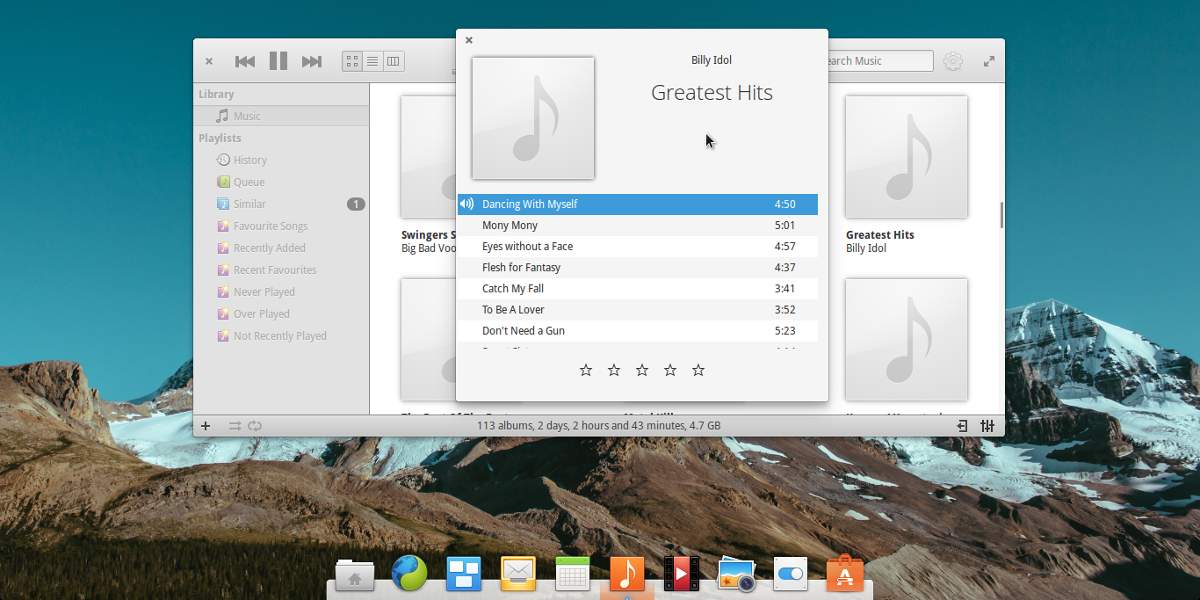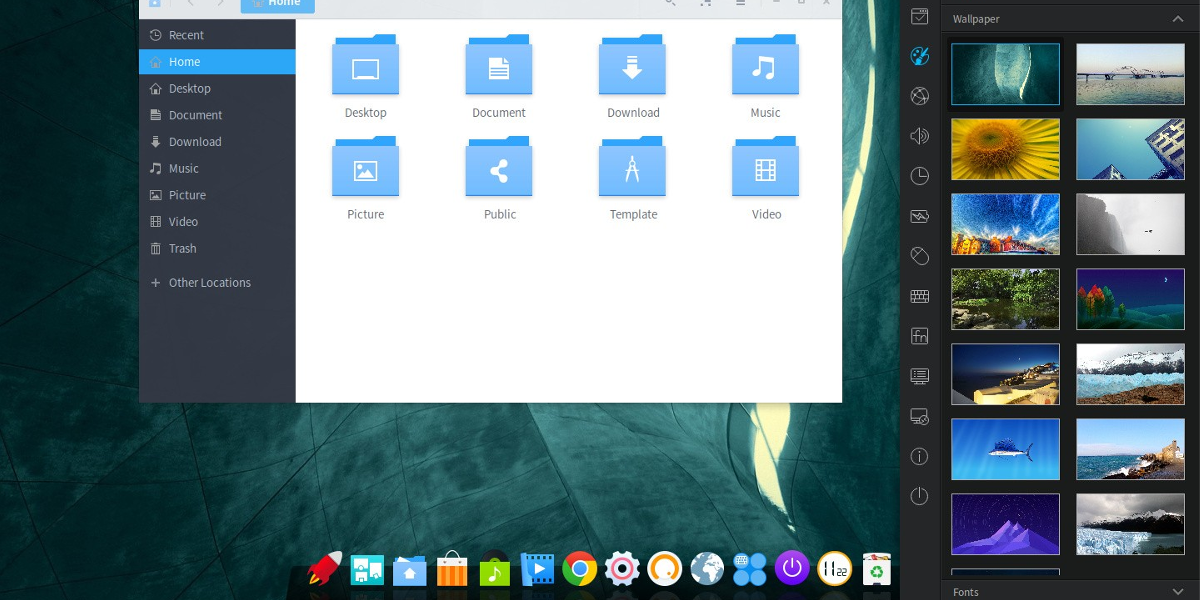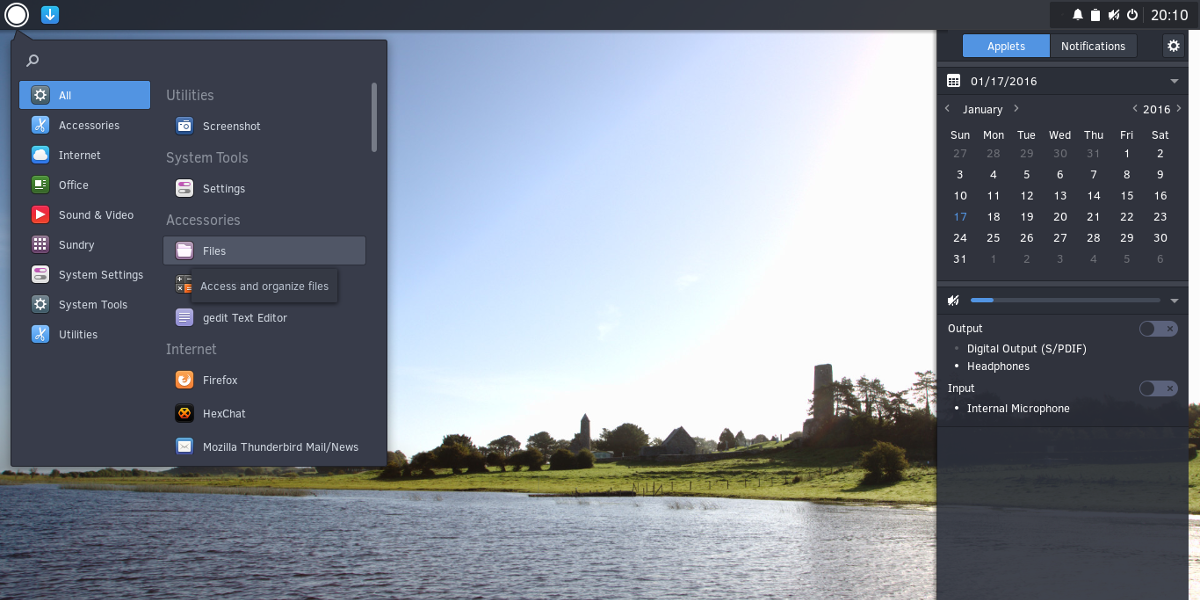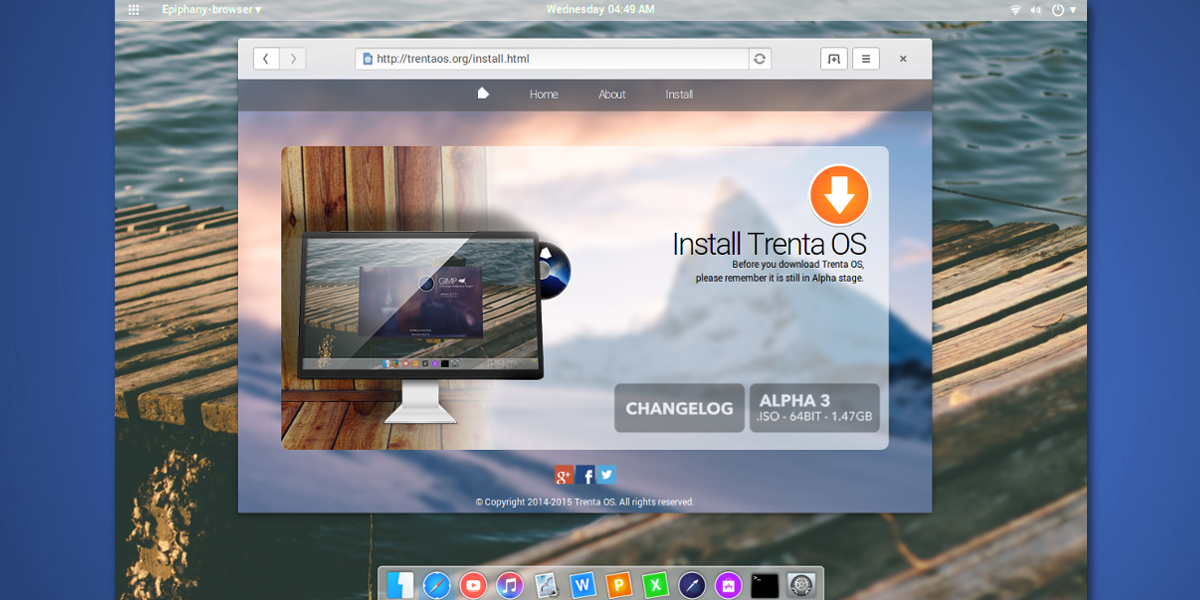The Best Linux Distributions For Mac Users
Interested in switching from Mac OS to Linux? If you’ve grown tired of Apple and are looking to get onto something new, we can help. There is a myriad of Linux distributions for Mac users that can give them something better to work with while still looking familiar. Here are our best picks.
Elementary OS

The clear choice for Mac users new to Linux is Elementary OS. It’s a Linux distribution with heavy Mac OS inspiration. Don’t call it a clone though, because that’s just not true. Instead, Elementary OS takes the good ideas from Mac OS and implements them with a twist. Those switching from the Mac should take notice.
The Elementary OS operating system is perfect for all types of Mac users. Be it power user or beginner, everything will feel at home. Everything will, to quote Apple, “just work”.
It is also worth mentioning that Elementary OS is based on Ubuntu, so the support for Apple hardware is hard to beat. Most devices, and drivers will have open source alternatives already in the Linux kernel.
Deepin

Introducing Deepin: an “easy to use” Chinese Linux distribution based off of the Debian Linux distribution. Deepin comes in other languages including English and Spanish. Chinese is not the only language choice.
While reading “Chinese distribution” might be scary to those not from China, it’s really not all that bad. The Deepin operating system, like a lot of other operating systems on this list are meant for beginners, and users that prefer things be easy. As Mac users often like their operating system to be without hassle, Deepin is a good choice to consider.
Ubuntu

It’s hard to talk about Linux without mentioning Ubuntu. And with good reason! It is the most widely used Linux operating system out there. No others come close. Those coming from the Mac will feel right at home with Ubuntu, even though the two operating systems look and act totally different.
The company behind Ubuntu has a similar mission to Apple: making an operating system that anyone can use. In fact, Ubuntu’s motto is “Linux for human beings”. The operating system works very hard to make it so anyone can pick it up, and get going with it without much fuss.
Using Ubuntu is a lot like using a Mac because everything will work out of box. Getting this Linux distribution working will require the least effort, as it easily has the best support for Apple hardware.
Whether you’re a software developer angry with Apple and looking for an alternative, or just bored of Mac OS, do yourself a favor and check out Ubuntu.
Solus

Solus is an entirely new Linux operating system. It’s not a derivative of Ubuntu like Elementary, or of Debian like Deepin. Instead, it’s an new take on Linux. The operating system is designed to deliver an elegant, easy to use experience that makes desktop Linux viable for average users.
The operating system, like Mac OS has it’s own “app store”, where users can easily install programs, games and etc. Additionally, it has a 3rd party section, that will ensure that users are able to meet their proprietary-software needs.
The Solus operating system is perfect for Mac users, despite the fact that it’s not sporting the obligatory dock because it fits with what Mac users need: simplicity, ease of use, and a good looking UI.
Trenta OS

Trenta OS is a stylish, open source operating system that attempts to give a “premium” feel to the Linux ecosystem. We can’t say that Trenta OS is the first choice for Mac users, as a lot of other Linux distributions do what Trenta proposes to do, only better. With that said: if you’ve gone through all of the Linux operating systems on this list, and you’re desperate to find a good alternative to Mac OS, it can’t hurt to give this one a go.
Conclusion
A lot of Linux distributions targeting Mac users tend to recreate the familiar OS 10 desktop. They come with a Mac-like dock, an icon theme that might as well be taken directly from Apple, among other things. On the surface, you’d swear it’s just superficial changes, designed to copy, but that is wrong. In fact, a lot of the operating systems we mentioned work very hard to implement features that will set themselves apart.
If you’re sick of Apple treating power users like trash in favor of general users, this list is for you. Even if you’re just curious, do try them out. After using them, it will amaze you at how well made these operating systems are, and how well they replace, and even trounce Mac OS in some areas.

Stupid? There’s also the design and the quality. The fact that I am even able to consider, at the end of 2020, to install another OS like Linux Mint on my early 2009 iMac is thanks to a well-designed high-quality computer that my Apple iMac is.
Starting with an inane and provably false premise is not promising.
“It seems that Apple is falling from grace. Instead of focusing on hardcore fans that rely on advanced features, they’ve turned their focus towards catering to general users, effectively ignoring the large base of people that use Mac OS as a software development platform.”
You have a point. All mac users are computer idiots. Apple is approaching a 1 Trillion dollar market cap based on selling to stupid people.